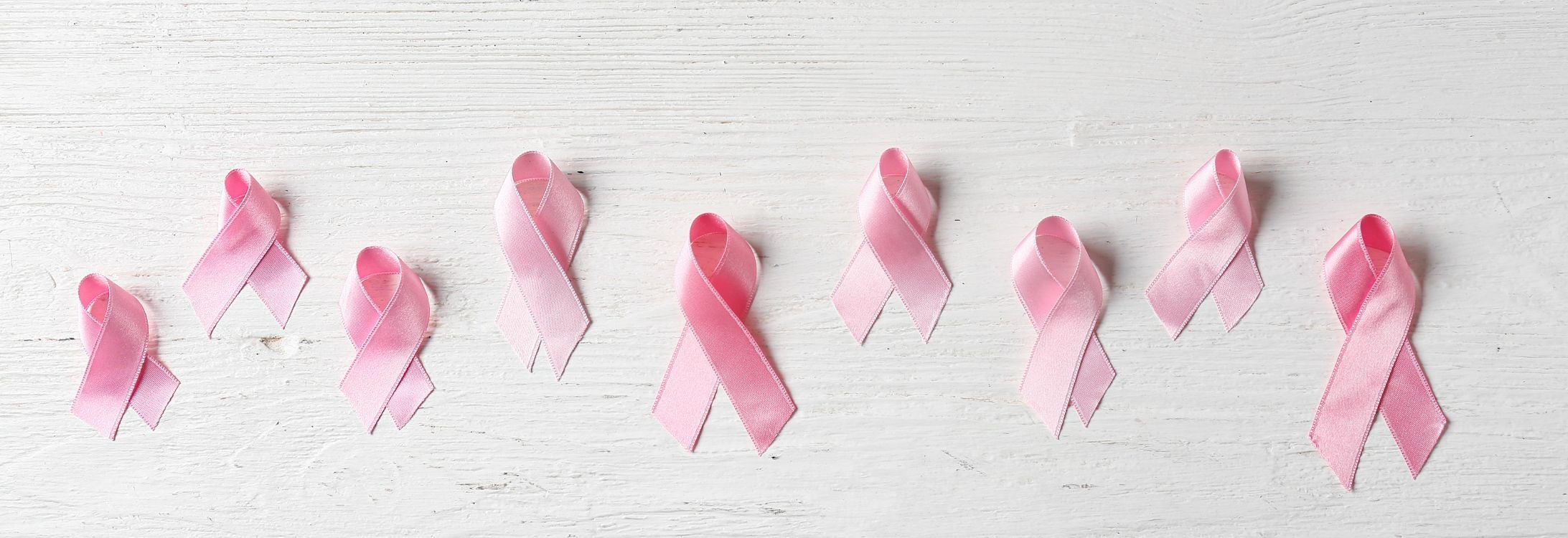National Breast Cancer Awareness Month
This month, join the Well-Being Collective as we stand in solidarity with those battling breast cancer and aim to spread awareness throughout the ECU community. According to the CDC, each year in the U.S. about 264,000 cases of breast cancer are diagnosed in women and about 2,400 in men. Of these cases, about 42,500 cases result in death. With breast cancer being one of the most common types of cancer in the U.S. as well as worldwide, it is important that we continue to educate ourselves and support those in their battle.
Watch for the Symptoms
The first step when watching for signs and symptoms is to “Feel it on the First!”. On the first day of every month, give yourself a Breast Self-Exam. Lie down flat on your back, put three fingers together, and move them gently around the entire breast and armpit area. Use light, medium, and firm pressure while checking for any unusual lumps or discharge.
“What Can I Do to Reduce My Risk of Breast Cancer?”
- Get screened early
- Regardless of your age, it’s never too early to check! Early detection is the best way to catch cancer in the early stages before it has spread to other areas of the body and increases the chance of survival. While it is crucial for men and women over the age of forty to be screened regularly, this disease can affect younger populations as well, making it important to stay vigilant.
- Stay physically active
- According to the National Cancer Institute, women who are physically active have a lower risk of breast cancer than those who are inactive. Physical activity is linked to improving immune system function, reducing inflammation in the body, and lowering levels of other growth factors associated with cancer development and progression.
- Limit alcohol intake
- Regardless of the drink type (beer, wine, or liquor), alcohol is considered to be a carcinogen or something that can cause cancer. Heavy consumption of alcohol is considered to be 3 or more drinks per day. This amount of consumption increases the risk for breast cancer, as well as other cancers of the mouth, esophagus, stomach, and pancreas. If you choose to drink, consider limiting your intake and drinking more water throughout the day to avoid dehydration.
- Other helpful preventative tips:
- Avoid or limit tobacco use
- Eat a balanced diet with whole grains, fruits, and vegetables
Showing Support
Whether someone in your life has been diagnosed with breast cancer, you yourself are a survivor, or you simply want to advocate for breast cancer awareness, there are plenty of ways to show your support for those battling this disease.
- Write cards and letters to patients in chemo centers or hospitals to let them know you are thinking of them.
- Participate in local Breast Cancer Awareness running or walking events throughout the month of October while raising money for research.
- Continue to educate yourself and others.
- Wear pink!
“Don’t give up. Every day is worth it.” – Hashmat Effendi, breast cancer survivor.
For more information and resources please visit the National Breast Cancer Foundation website or the Center for Disease Control and Prevention – Breast Cancer page.
